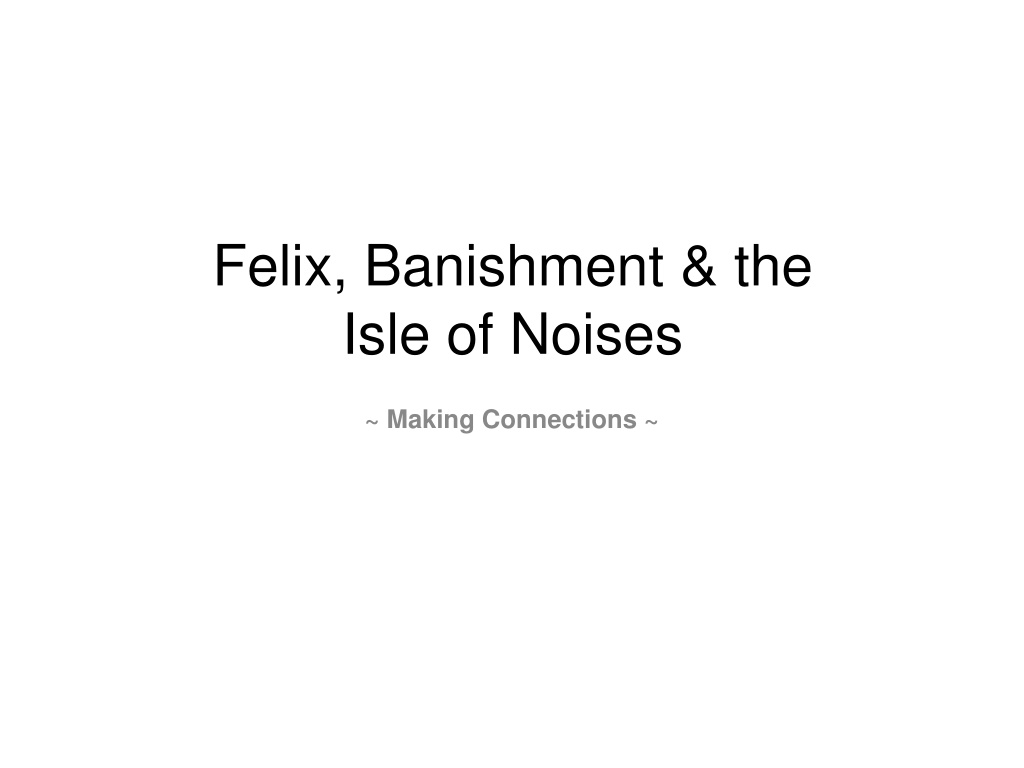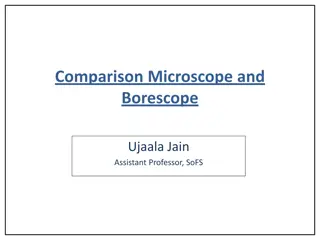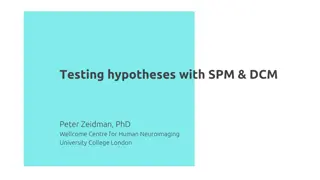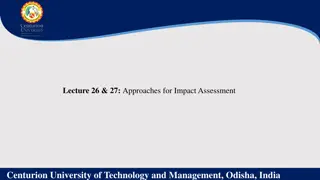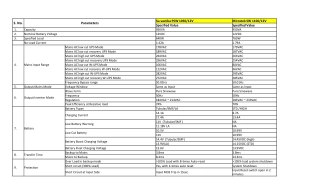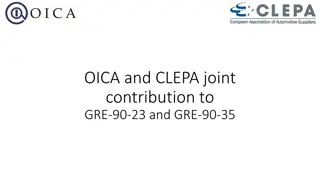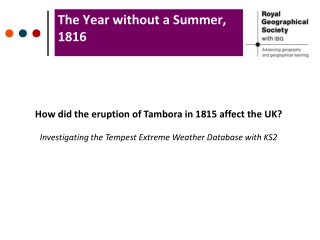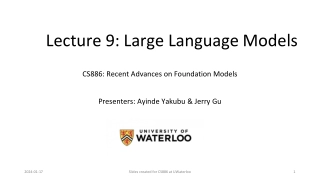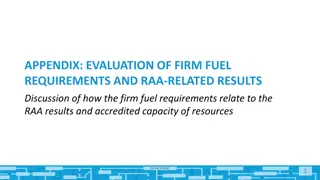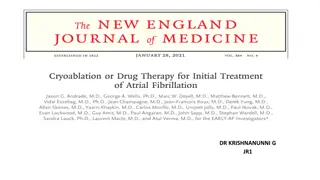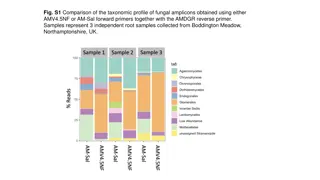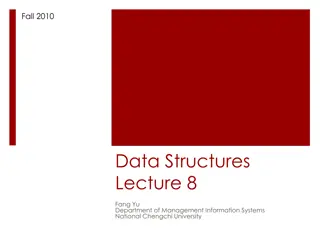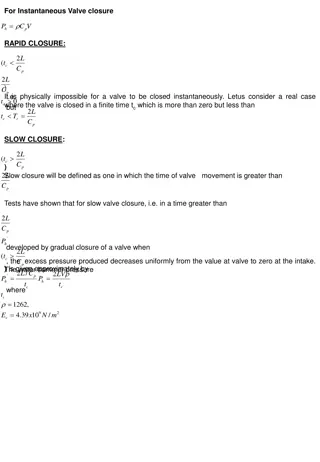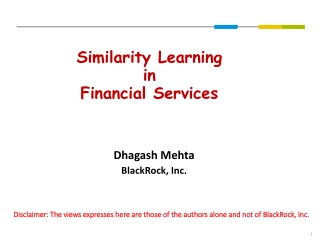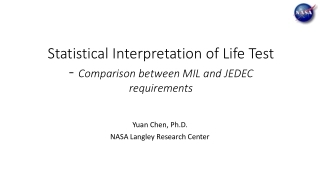Analysis of Felix's Banishment in "The Isle of Noises" in Comparison to Prospero in "The Tempest
Exploring the themes of banishment, imprisonment, and self-awareness through the characters of Felix and Prospero in "The Isle of Noises" and "The Tempest." Delve into the performative nature of life, the significance of Miranda as a memory, and the parallels and divergences between the two narratives. Consider Atwood's reinterpretation of familiar characters and the postmodern elements in the story.
Download Presentation
Please find below an Image/Link to download the presentation.
The content on the website is provided AS IS for your information and personal use only. It may not be sold, licensed, or shared on other websites without obtaining consent from the author. Download presentation by click this link. If you encounter any issues during the download, it is possible that the publisher has removed the file from their server.
Presentation Transcript
Felix, Banishment & the Isle of Noises ~ Making Connections ~
After reading: how does Felix s banishment play out in comparison to Prospero s? what connections are there? what divergences? is this his island , or is this the boat, adrift in rough seas?
An older theatrical version of Prospero, with book and staff
A more recent theatrical version, hermit-like ringed in by light.
Felixs performance By choosing this shack and the privations that would come with it, he would of course be sulking. He d be hair-shirting himself, playing the flagellant, the hermit. Watch me suffer. He recognised his own act, an act with no audience but himself. It was childish, this self-willed moping. He was not being grown- up. Page 31-2 - Consider how this focalisation of Felix s point of view relates to the themes of life as performance but also imprisonment . Is this a comment on Prospero in The Tempest ? How does this performative realisation adhere here to the Postmodern notion of no story being new ? Does this realisation give Felix more authority that his predecessor, Prospero, in that he possesses more self awareness? How can we describe the Tempest - Hag-Seed convo at this point? - - -
Miranda as dissonance And the photo of his Miranda, of course. He always kept it near him And now she would have to stay locked behind the glass, because, with the destruction of his Tempest, the new Miranda the Miranda that he d been intending to create, or possibly to resurrect was dead in the water. - Page 32-3 - Debate why Atwood appropriates Miranda as a dead child who continues to grow as a figment of Felix s imagination. How does this comment on the theme of imprisonment? What changes about the narrative with Miranda becoming a memory that Felix seeks to resurrect and perhaps heal by staging his own Tempest ? Consider this difference as a dissonance between the texts. Debate why Atwood strikes this point of difference to what end? - -
